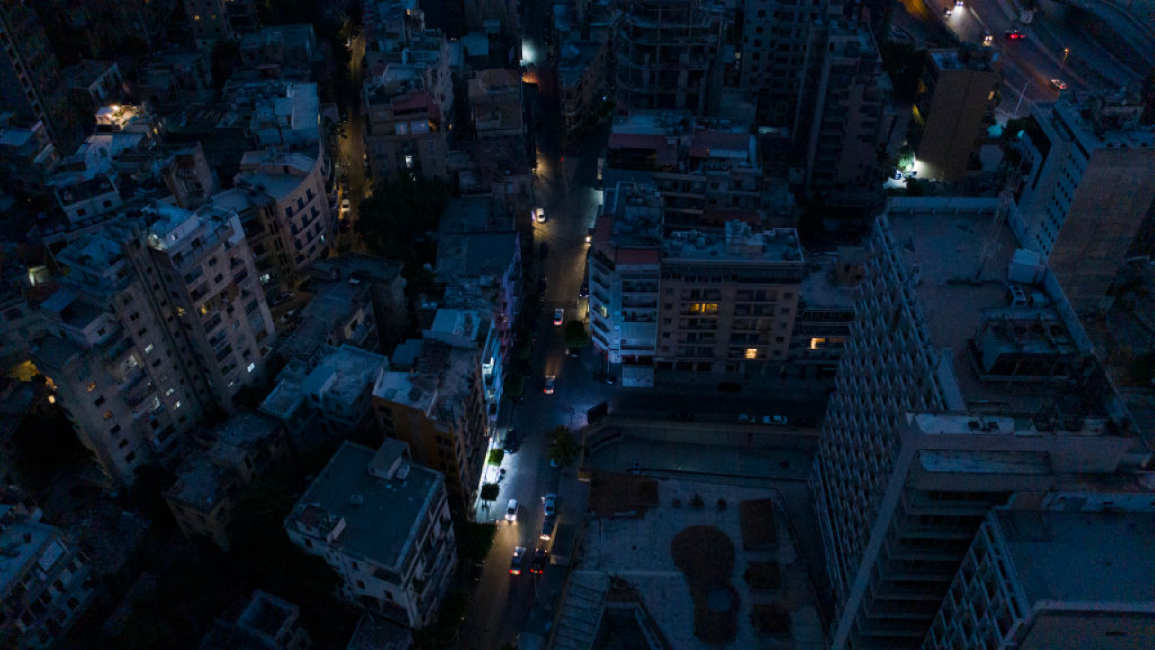Lebanese PM says new cabinet prioritising energy crisis, restoring relations with Arab states
Lebanese Prime Minister Najib Mikati said on Sunday that his new cabinet’s priorities are to mend ties with Arab nations and solve the country’s pressing issues, particularly the energy crisis.
"Now is not the time for political (bickering), but rather the time to get to work to lift Lebanon from its crises, put a stop to the collapse, and speed up work on solving the electricity crisis and finding quick solutions to it," Mikati said in comments to Almodon.
Lebanon was plunged into an exacerbating energy crisis this year due to fuel shortages necessary for power plants and private generators, as the Lebanese Central Bank gradually lifts subsidies because of dwindling US dollar reserves.
Mikati had previously said that the new government will be forced to lift subsidies completely on fuel, which could push the country further into crisis if no solutions are found immediately.
A 2009 agreement with Egypt recently brought back to light could see Lebanon import natural gas, as well as electricity from Jordan, to help solve the crisis.
Electricity expenditure accounts to about half of Lebanon’s sovereign debt.
Speaking to Almodon, Mikati preferred not to touch on sensitive political topics to avoid division in his new cabinet, but instead said he looked forward to cooperating with President Michel Aoun to achieve what was necessary.
"This must start with a new governmental and political methodology, topped with restoring relations with all states, especially Arab countries. This is what should be focused on in the ministerial statement," he said.
Ties between Lebanon and Gulf states have been rattled in recent years due to repeated attacks on their leaders by Hezbollah head Hassan Nasrallah. Gulf states have accused the Shia paramilitary group of assisting other Iranian-backed militias, such as Yemen’s Houthis, in launching drone attacks on Saudi Arabia.
Mikati also insisted that no party held veto powers in the new cabinet, despite allegations that this was given to the president’s team and his Free Patriotic Movement party.
"Since the first day I was assigned to form the government, I informed everyone that I cannot give a veto to any team or party. There were many attempts to obtain this (veto) but I succeeded in overcoming them," he said, adding that he himself has more than two thirds of cabinet ministers based on harmony and coordination between him and the new ministers.
Three-time premier and billionaire Mikati announced his cabinet line-up on Friday, 13 months since the last cabinet resigned in the wake of the massive Beirut blast which killed over 200 people.
The newcomers include many technocrats, but each minister was endorsed by one or several of the factions that have dominated Lebanese politics since the 1975-1990 civil war.
It comes at a time Lebanon is facing its worst ever economic and financial crisis.



